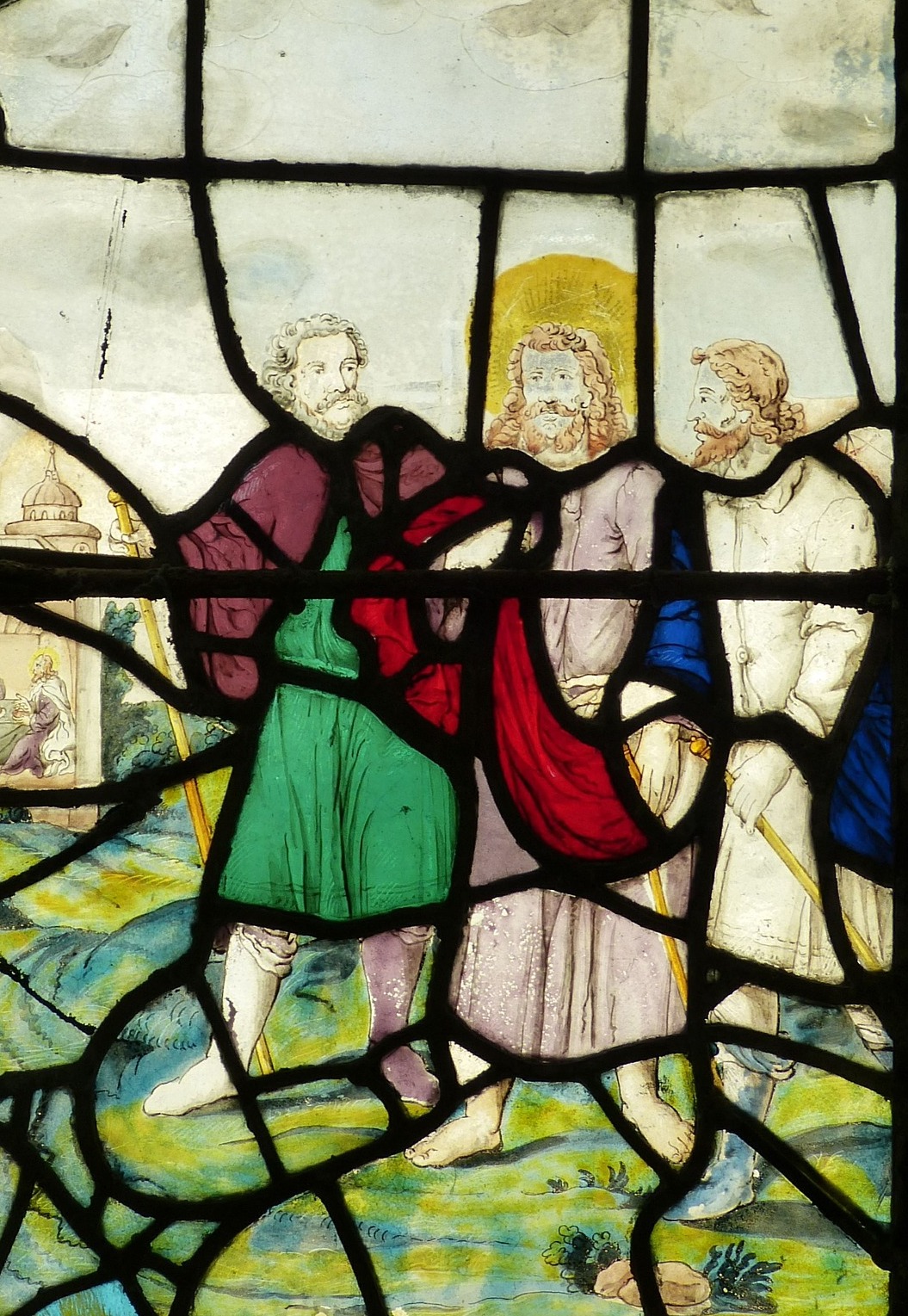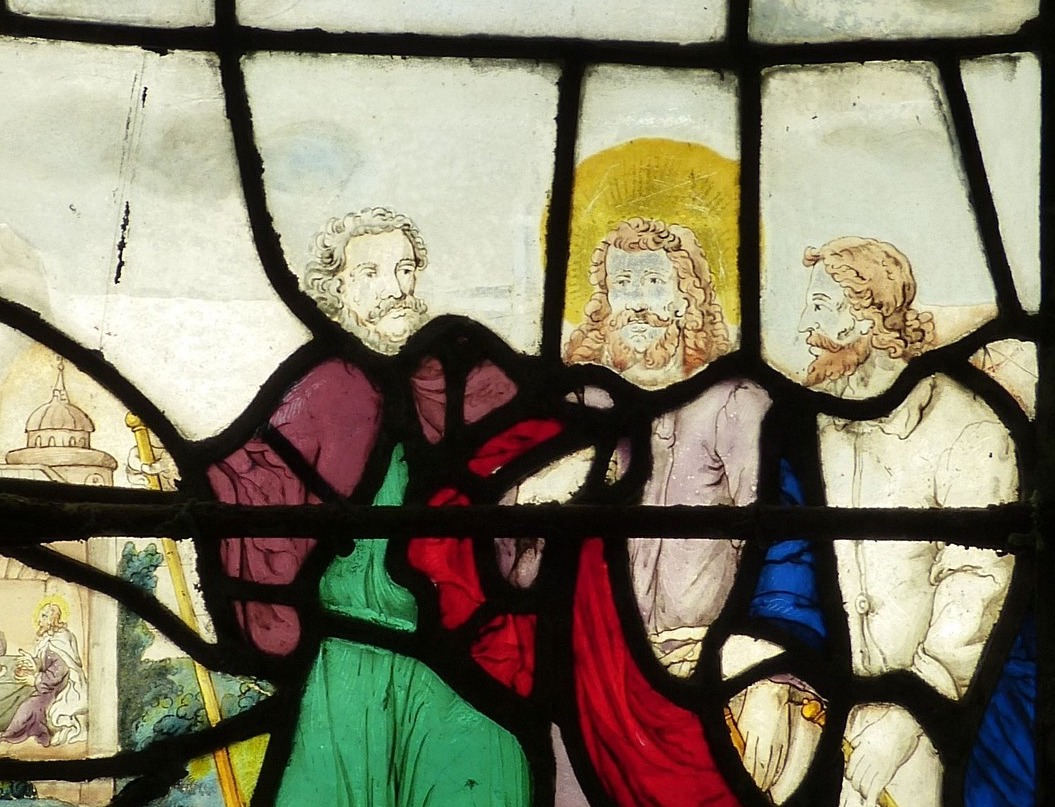This is a post in a blog series on spiritual direction. This week’s blogger is Stephanie Clouatre Davis.
 In the Gospel of Luke we read a story of two disciples walking in a serious and intentional discussion on the road to Emmaus when they meet a man whom they do not know. The stranger on the walk moves the disciples from anxiety to joy. As they approach the city the disciples plead with the man to “remain” with them. He does and in the breaking of the break they recognize the man as Jesus.
In the Gospel of Luke we read a story of two disciples walking in a serious and intentional discussion on the road to Emmaus when they meet a man whom they do not know. The stranger on the walk moves the disciples from anxiety to joy. As they approach the city the disciples plead with the man to “remain” with them. He does and in the breaking of the break they recognize the man as Jesus.
“What a beautifully pastoral story,” comments my internally modern critic mind, “but it could rarely happen here in America in 2018.” First, who takes real time to walk anywhere? And, if they are walking, who actually converses with another person. And, if they do hold some sort of exchange of conversation, who would actually form an intentional discussion when they have somewhere to be? And if they did actually have an intentional discussion, who would actually ask a stranger to remain with them to share a meal? And, if you did share a meal, who would have the time to sit long enough, or find space to not worry about gluten and calories, to see anything more than all that they are not? Is it time to do homework, bathe the kids, clean the house, or finish the work I brought home yet? I would hate to fall behind. I would hate to not succeed. Or, in the words of Andy Otto, the previous blogger in this series: I would hate to not “achieve.”
At the meeting of the Bishops of Brazil at World Youth Day 2013, Pope Francis says:
From this point of view, we need a Church capable of walking at people’s side, of doing more than simply listening to them; a Church which accompanies them on their journey; a Church able to make sense of the “night” contained in the flight of so many of our brothers and sisters from Jerusalem; a Church which realizes that the reasons why people leave also contain reasons why they can eventually return. But we need to know how to interpret, with courage, the larger picture. Jesus warmed the hearts of the disciples of Emmaus.
Are you capable of “warming hearts?” Or, are you lost in the isolation of success and self-conservation? Your life is a pot slowly warming and you do not feel the heat of the now boil of our life. Step out of the hot water.
Accompaniment is slowing, “being” or “non-doing” long enough to allow space to walk with another person or people. It is slowing enough to walk with your friend going through a divorce, your wife or husband who is overwhelmed at work, or your child or grandchild who has no friends at school. Accompaniment is slowing enough to realize Jesus is walking with you. Try spiritual direction.
Stephanie Clouatre Davis graduated from Loyola University New Orleans. She speaks to adults and teens around the nation at parishes, high schools, and dioceses in various venues including retreats and conferences. With humor, joy and stories, Stephanie not only fully engages her audiences, but also inspires them to challenge themselves and build a stronger relationship with God. She lives in Covington, Louisiana with her husband Michael and two girls Emma and Abby.
Go deeper? Here are some resources:
- The Road to Emmaus (Luke 24:13-35)
- If you are a busy mom, dad, grandparent, aunt or uncle: Busy Lives and Restless Souls by Becky Eldredge
- If you are a teacher looking for a way to make to help your students (or yourself!) be more intentional in their prayer: The Grace I Seek: A Daily Spiritual Journal
- If you are a business person or simply a person who follows technology, read: Thank You for Being Late: An Optimist Guide to Thriving in the Age of Accelerations by Thomas L. Friedman
- If you have a student in high school or are an educator, read: Excellent Sheep: The Miseducation of the American Life and the Way to a Meaningful Life by William Deresiewicz
- More about spiritual direction and retreats, and how to find a director








